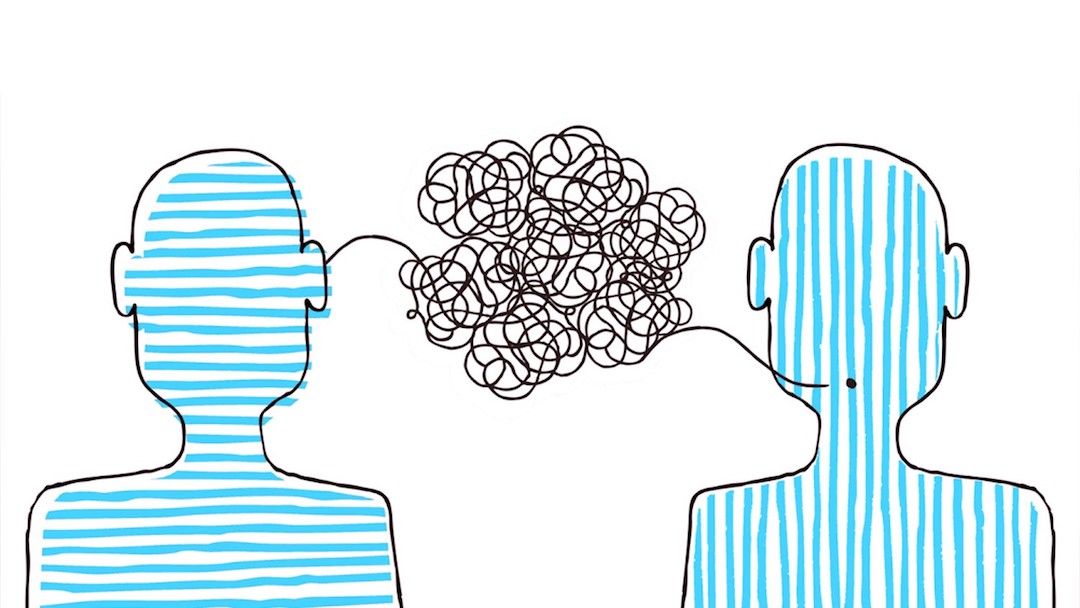Why are so many popular Christian “spiritual” writers therapists and counselors? (David Benner for example).
Here are my two (related) theories (and my concern):
1) The place of “confession” has shifted from the church to the counseling office.
Because of this, the people who accumulate the most raw data about the human psyche are practicing therapists (they have deep data sets).
In the past it was priests, monks, and pastors who were regularly engaging with the depths of psyche and mining it and offering their finding back to the people.
Now this is the job of the therapist, psychologist, and counselor. And so they speak with the most natural authority (as those who rightly feel they know what they are talking about). And people receive them in kind.
This is all part of the large societal shift from a spiritual to a therapeutic culture.
2) Conversely, pastors aren’t really “pastoring” and “discipling” as much as they did in the past.
Now they are busy “leading” and “managing” and “teaching”. Most pastors and ministers (in the Protestant West) have a diminishing cumulative set of exposure to and experience with everyday human life and psyche.
They instead rely on theology, Bible teaching, and science to fill in the gap that the lack of practical experience has causes
Related is the abuse occurring in churches, not from malicious narcissism, but from neglectful pastors who have not been taught to pay attention to or care about the emotional-relational lives of regular people.
The Problem
The problems of the second theory (that pastors don’t pastor) are obvious.
The problems of the first theory (that therapists are more regularly in people’s junk than pastors) that therapy, psychology, psychoanalysis, and psychopharmacology are all INTERPRETIVE SYSTEMS that ARE NOT neutral about human nature.
So the problem is this: Are they interpretive system TRUE to (or about) our human nature as God created us?
If they aren’t TRUE to human nature as God made us, then they are also introducing distortions in our understanding of and remedies for what ails us.
BUT DIDN’T PRE-PSYCHOLOGICAL SPIRITUAL CLASSICS INTRODUCE DISTORTION? WHAT’S THE DIFFERENCE NOW?
The different now is that psychology claims a certain scientific high ground as a discipline (even though the science of psychology has always been a bit murky).
Pre-modern spiritual classics, devotional writing, and prayer functioned more as wisdom, gathered knowledge, reflection on experience. They didn’t claim to be science in the same way.
Why do you think therapists are writing the popular spiritual books right now?


One reply on “Why are therapists often the most popular “spiritual” writers?”
I found your site while looking for commentaries re: whether God turned his face away when Jesus was on the cross. It happens that I was recently given a book to review by my pastor (The other Half of Church, by Jim Wilder and Michel Hendricks, 2020) and give feedback . The pastor knew that I had over 40 years of working in health care/ psychiatry and liked neuroscience. I didn’t like the book but it had some ‘good points’. The authors seemed to advocate Science teaching us something, directing our practices to build discipleship. But much of it looked like ‘add on’ content borrowed from science as the authority. I’m a scientist with a PhD and I still think that the Scripture of the Bible and the Holy Spirit should direct discipleship. I’ll be meeting with the pastor in 2 weeks to give my ‘book report’. I noticed that your website has content on attachment, neuroscience, and Atonement. I will try to read more of the articles on your website. I’m intrigued. Not sure if you or your colleagues are available for some dialog. And what your opinion would be about this book. I did sign up for emails, to help disrupt our social algorithm disease.